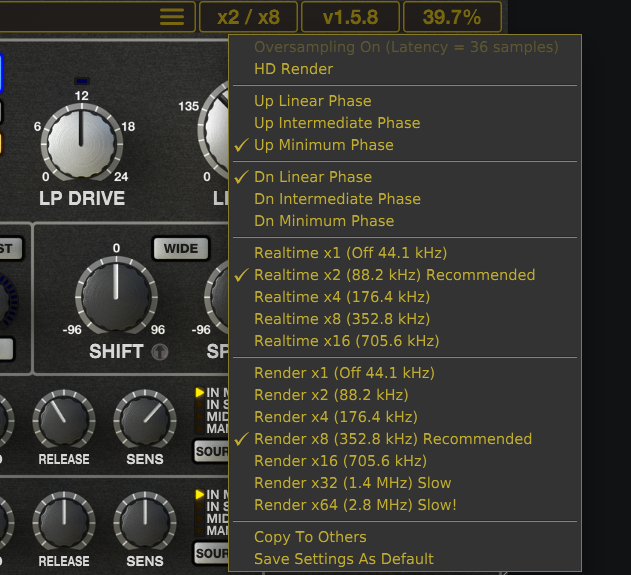

This is done in the Link/Tempo/MIDI tab of Live’s Preferences, which can be opened with the CTRL- ,(PC) / CMD- ,(Mac) keyboard shortcut. This is a common cause of confusion that can be easily resolved by observing the Control Bar’s MIDI indicators ( see 15.3.4).īefore making any MIDI assignments, you will need to set up Live to recognize your control surfaces.

MIDI keys that become part of remote control assignments can no longer be used as input for MIDI tracks. If you assign C-1 on your MIDI keyboard to a Session View Clip Launch button, that key will cease playing C-1 of your MIDI track’s instrument, as it now ”belongs” solely to the Clip Launch button. Let’s suppose that you are using a MIDI keyboard to play an instrument in one of Live’s MIDI tracks. Live also offers dedicated control via Ableton Push ( see Chapter 30) and Push 2 ( see Chapter 31).īefore we explain how remote control assignments are made and implemented, let’s first make the distinction between MIDI remote control and a separate use of MIDI in Live: as the input for our MIDI tracks. Live can be controlled remotely by external MIDI control surfaces, such as MIDI keyboards or controller boxes.
#The glue vst authorized Activator
Switches and buttons - among them the Track and Device Activator switches, the Control Bar’s tap tempo, metronome and transport controls.Session View slots - Note that MIDI and computer key assignments are bound to the slots, not to the clips they contain.

This chapter describes the details of mapping to the following specific types of controls in Live’s user interface: To liberate the musician from the mouse, most of Live’s controls can be remote-controlled with an external MIDI controller and the computer keyboard.


 0 kommentar(er)
0 kommentar(er)
